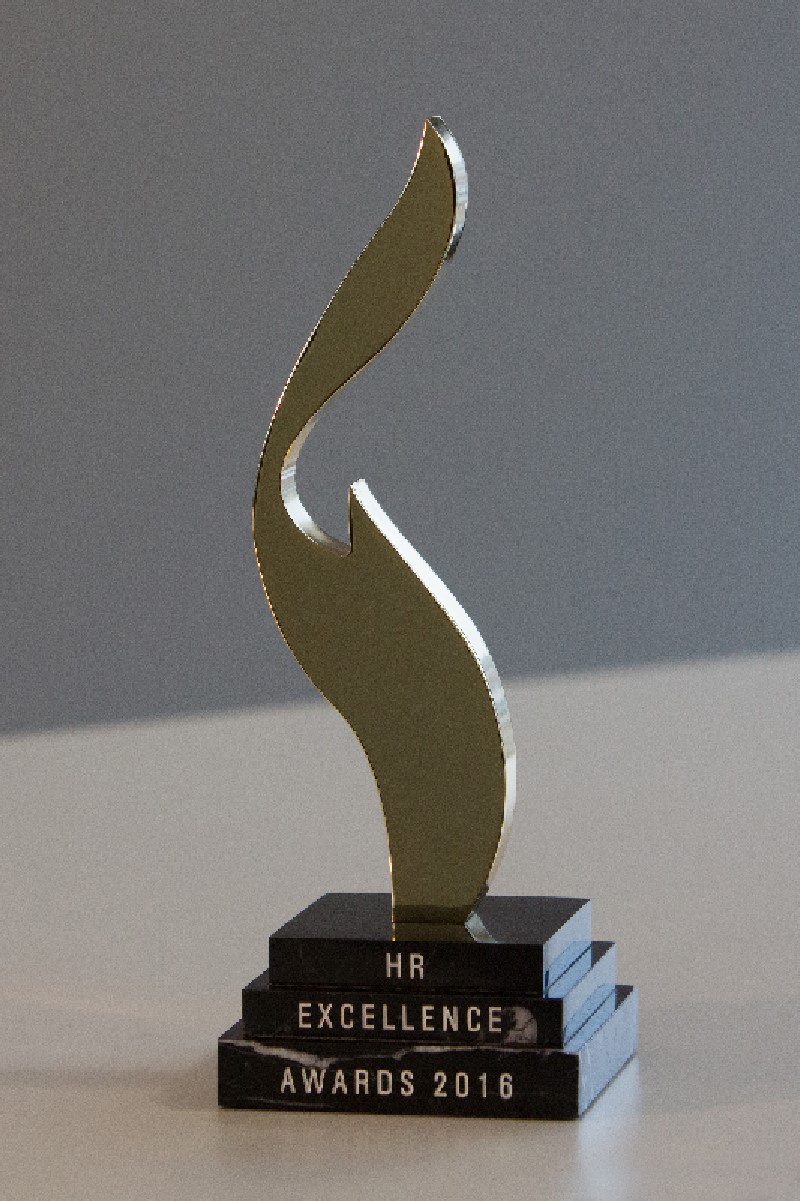

For its refugee work with Schwandorf’s cross cultural training programme HORSCH was awarded the most important HR award in Germany – the HR Excellence Award. On December 2nd 2016, Cornelia Horsch, head of training Anton Grauvogl and head of HR Gerhard Springs received the prize in the Berliner Tipi of the chancellery. HORSCH ranked first in the category “Innovation” and was honoured for the nationwide exemplary character of the project and the courage, the perseverance and the passion that was involved.

For HORSCH it is important to take on social responsibility. The idea to integrate refugees has already been pursued for quite some time and has particularly been pushed by the company owners.
The basis is a project called “Crossing Lifelines“ where the young refugees get to know German culture and also are able to make contact with companies. The first internships at HORSCH resulted from this project. It quickly became clear who would be suitable for an apprenticeship.
Another key factor was the language, though the level of the candidates already was quite high. You have to know that for example in Afghanistan several languages are spoken and, among each other, the refugees quite often take a “detour” via the German language.
However, the differences with regard to the educational level that varies depending on the continent, the country and the educational system are quite considerable.
“Right from the start we knew that we would have to lower the entry threshold for the applicants a little bit, whereas during the apprenticeship we quickly would have to draw level again“, Gerhard Springs, head of HR, explains.

The ten apprentices that train to be metal technology specialists come from Afghanistan, Eritrea, Somalia, the Ivory Coast and Albania. In addition, HORSCH employed some skilled workers at the Schwandorf and Landau sites who mainly come from Syria. In their home countries they were trained for example as mechanics, assemblers, welders or steel constructors.
The apprentices are between 18 and 21 years old. They all are unaccompanied adolescents and only some of them still have relatives in their native country. They are allowed to do an apprenticeship.
Gerhard Springs and Anton Grauvogl are full of praise for the preparatory work of the “Haus des Guten Hirten”, a centre for vocational preparation and professional training supported by the Catholic Youth Welfare of the diocese Regensburg.
The integration into the company was surprisingly easy, among the permanent employees as well as among the apprentices. The owner family frankly talked to the employees about their attitude. “At the beginning we often thought about what we would have to do to encourage integration“, Gerhard Springs remembers. “Until we finally realised: normality is crucial. The new employees are a normal part of the company and of the operating schedule and they have to perform well in their team.
Due to these positive experiences the decision has already been made: In 2017, too, there will be additional apprenticeship employments for the refugees. The course has finally been set.
